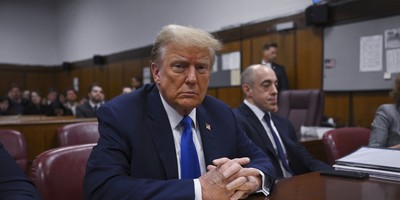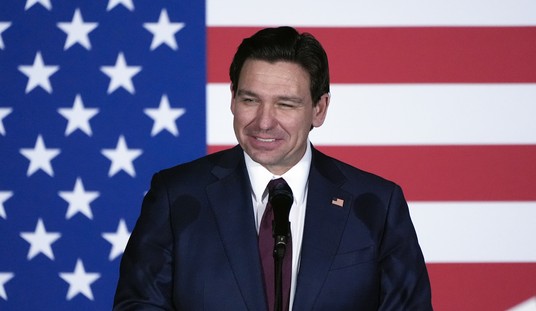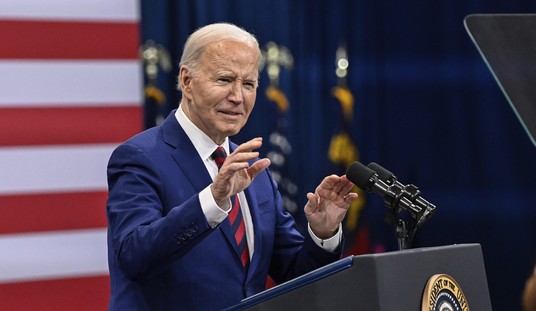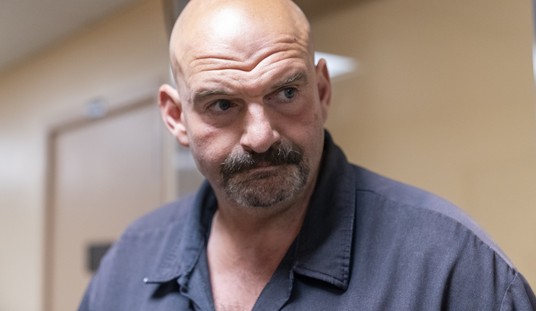Texas has a part-time legislature, and inherent in any state with a part-time legislature is the potential for conflicts of interest.
Unless a legislator is personally wealthy, they must hold a job, which inevitably leads to their consideration of a bill that impacts their industry or company directly.
Texas ethics laws are lax and have loopholes. Legislators rarely recuse themselves on votes.
It is one thing for that to happen with one of 150 Texas House members or one of 31 Texas senators.
For governor, candidates should be held to a higher standard.
The contrast on ethics could not be more striking in the race for Texas governor.
Earlier this month, Dallas Morning News reporter Wayne Slater wrote about serious ethics questions surrounding gubernatorial candidate and State Sen. Wendy Davis (D-Fort Worth), in an exhaustive story with the headline: "As state senator, Davis voted on bills that aided clients."
Slater reported that Davis opposed a North Texas Tollway Authority-backed bill to "give local tollway authorities right of first refusal to build toll projects" on April 6, 2009. Ten months later, she sought information from the Texas Department of Transportation for how minority-owned businesses seeking highway contracts could earn certification. Five days later, a Fort Worth-based law firm hired Davis. Twenty days later Davis opened a two-person law firm that met the criteria for a minority-owned business. Three months later, Sen. Davis wrote to the U.S. Secretary of Transportation seeking federal funds for the Chisholm Trail Parkway Project.
Guess which law firm was handling the project?
Nine months later, NTTA approved hiring Davis' two-person law firm for work on the same project about which she, as a state senator, had written the U.S. Secretary of Transportation.
Recommended
On March 23, 2011, Sen. Davis dropped her version of a bill to cap fees charged to drivers with unpaid tolls, choosing instead to support a bill from Sen. Jane Nelson (R-Flower Mound) that NTTA supported. As the Dallas Morning News reported, "the bill sets the fees regimen that would be the starting point that law firms subsequently hired by NTTA would use to seek settlements." In May she would vote for the bill, which the governor would sign into law.
On March 29, 2011, Sen. Davis voted for a bill supported by NTTA to give "local tollway authorities right of first refusal to build toll projects." She voted against a similar bill just two years earlier.
By May 2011, the Newby Davis law firm was billing NTTA for work on the same project about which she'd written the U.S. Secretary of Transportation less than a year before.
In August 2011, NTTA selected Newby Davis as "one of six litigation firms to collect fees and delinquent tolls."
Two important questions come to mind: How can a state legislator profit from official duties, and how can a state legislator repeatedly vote for legislation that directly impacts his or her business?
Davis protests that no conflict of interest occurred. But that's difficult to square with Slater's reporting.
The editorial board of the San Antonio Express-News has a few incredulous questions:
No conflict while working for Cantey Hanger? No relation to her later hiring by NTTA? No conflict in her senate office making a call with all the earmarks of a personal inquiry for personal benefit? For a legislator who promised to be different, don't Texans deserve someone who is above quid pro quo?
Meanwhile, Davis has refused to fully disclose her law firm's list of public and private sector clients.
Contrast this record with Republican gubernatorial candidate and Attorney General Greg Abbot, who proposed a sweeping ethics reform proposal, his first policy proposal, back in November. He has since expanded it.
As governor, Abbott wants to strengthen current laws that block legislators from voting on legislation that could financially benefit them. He's also proposed making it a crime to serve as a public bond counsel while in elected office, and would require disclosure of conflicts of interest that lawmakers or their family have with state and local entities.
Wendy Davis has some serious explaining to do on ethics.
Greg Abbott has demonstrated leadership in proposing thoughtful and strong reforms.
Ethics is a matter of character that voters should seriously consider.

























Join the conversation as a VIP Member